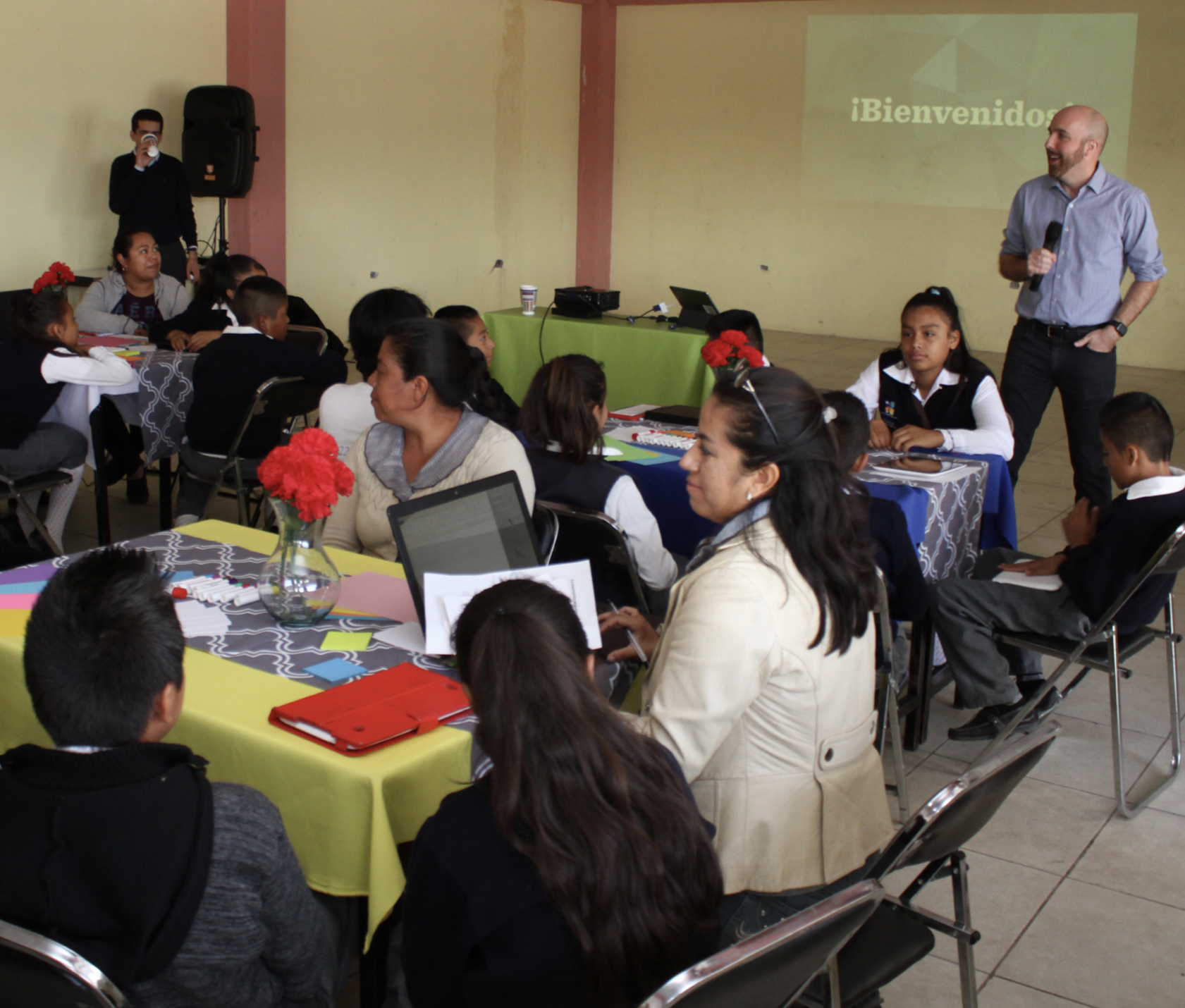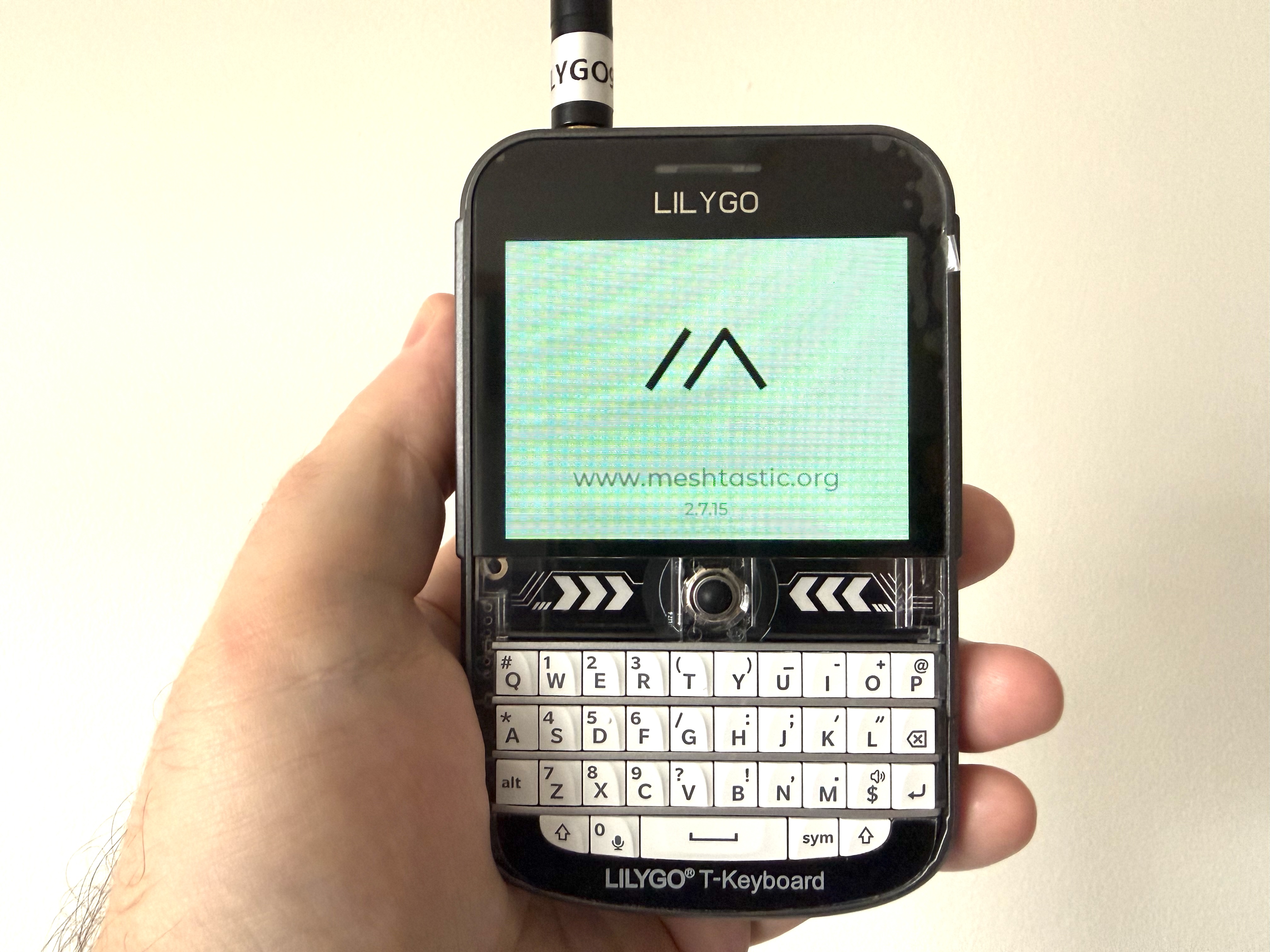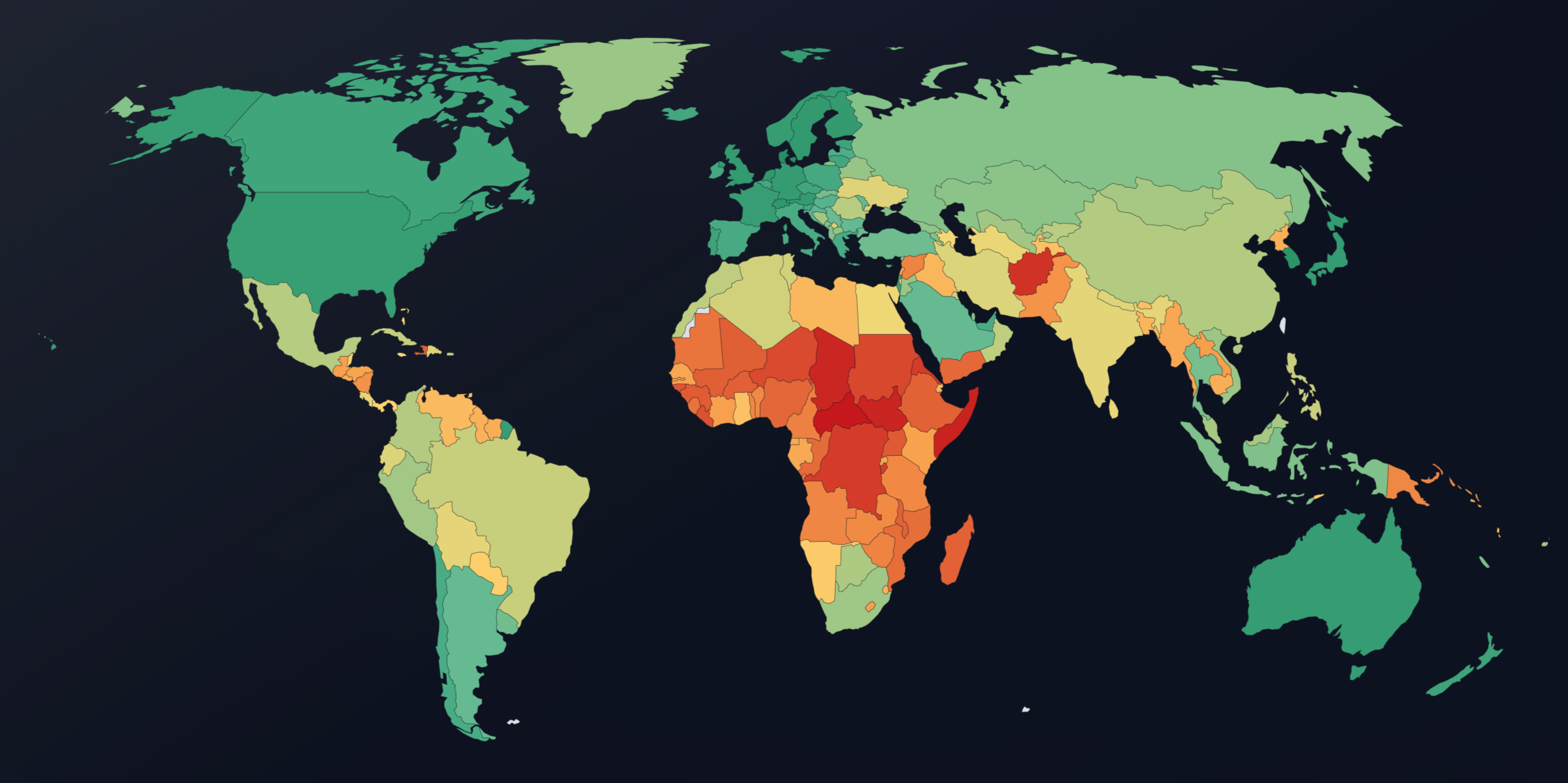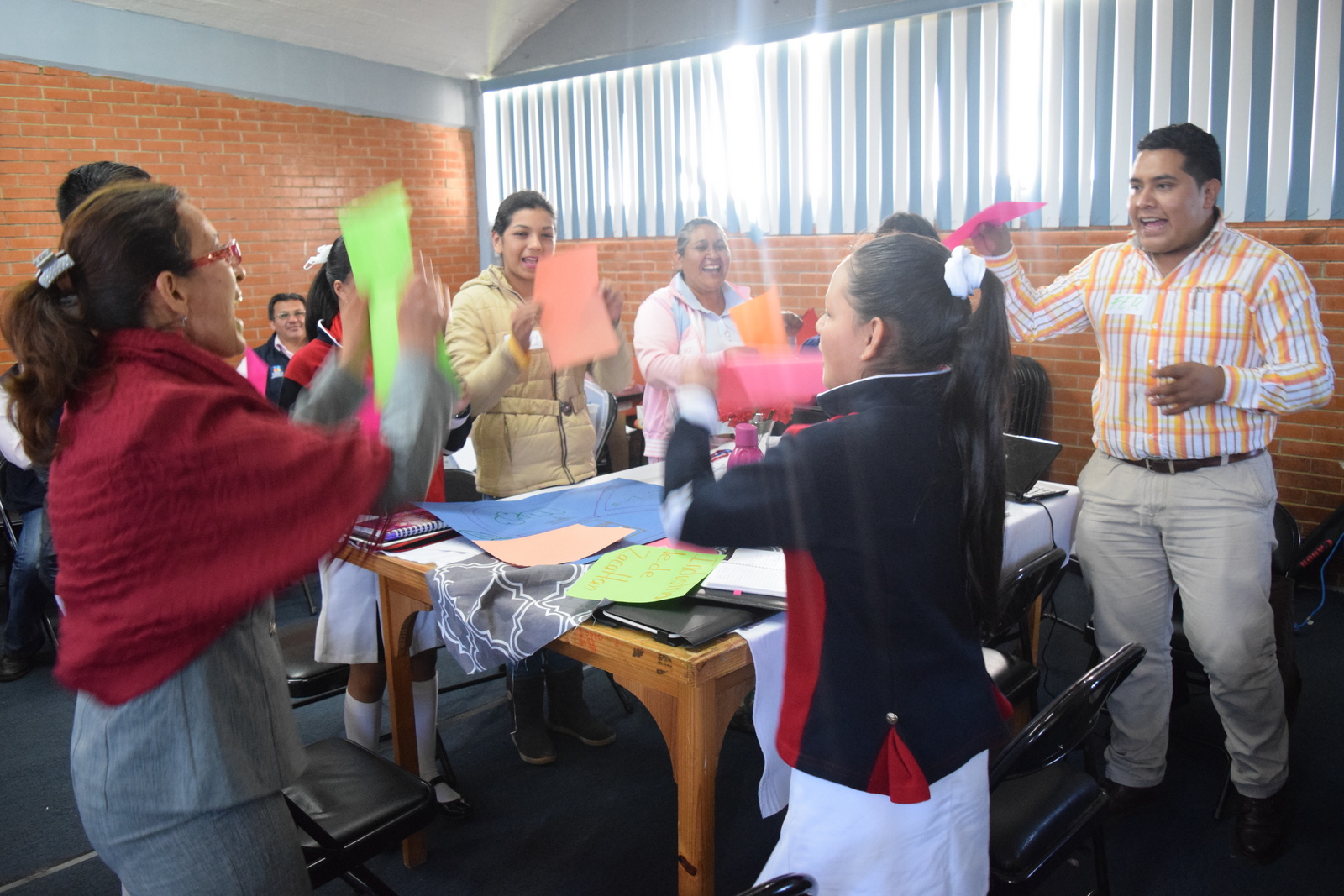Educational innovation in Puebla

Client: Secretaría de Educación Pública del Estado de Puebla
Location: Puebla, Mexico
Year: 2016
Focus: Educational innovation, participatory policy design, digital learning
Report: Available online
A participatory roadmap for educational innovation grounded in the voices of students, teachers, and families
At the close of a major digital inclusion effort in Puebla, Mexico, the state’s Ministry of Education sought to assess progress and identify priorities for the future of public education. This project, led by Fundación Ceibal and Education Futures LLC, delivered a participatory, research-based roadmap that engaged the voices of those most affected by educational policy—students, teachers, and families. By listening to local actors, the study helped lay the foundation for more equitable, responsive innovation strategies across the education system.
Approach
The study unfolded over three phases. First, an exploratory online and paper-based survey captured perceptions from diverse school communities across the state. Building on this, the second phase involved a series of structured “World Café” dialogues in urban, peri-urban, and rural schools. These dialogues were designed to promote inclusive conversations about successes, challenges, and visions for the future of education in Puebla. Questions focused on recent achievements, future challenges, and the collective actions needed for improvement. The third phase applied grounded theory methods to code, synthesize, and interpret findings from both qualitative and quantitative inputs. The process emphasized appreciative inquiry, encouraging communities to articulate what should be preserved, transformed, or reimagined.
Deliverables
The project delivered a final report organized around four key thematic areas:
- New ways of learning, teaching, and assessment
- Educators in the digital era
- Social uses of ICT and digital culture
- Resources and platforms for innovation
The report included:
- A thematic synthesis of stakeholder input from over 300 coded items
- Visualizations of priorities based on code frequency and discussion themes
- Recommendations organized around three strategic priorities: developing teacher capacity, strengthening community-school collaboration, and addressing foundational infrastructure needs
- Practical tools and documentation to replicate the World Café methodology in other regions
Impact
This work brought forward the voices of those often excluded from education policy debates and reframed innovation as a community-centered endeavor. The findings informed the SEP’s transition planning and provided concrete, context-aware recommendations for advancing education in Puebla. While rooted in a local context, the project demonstrated the value of participatory foresight methods for other education systems seeking to integrate digital tools in ways that are equitable, inclusive, and grounded in lived experience.



